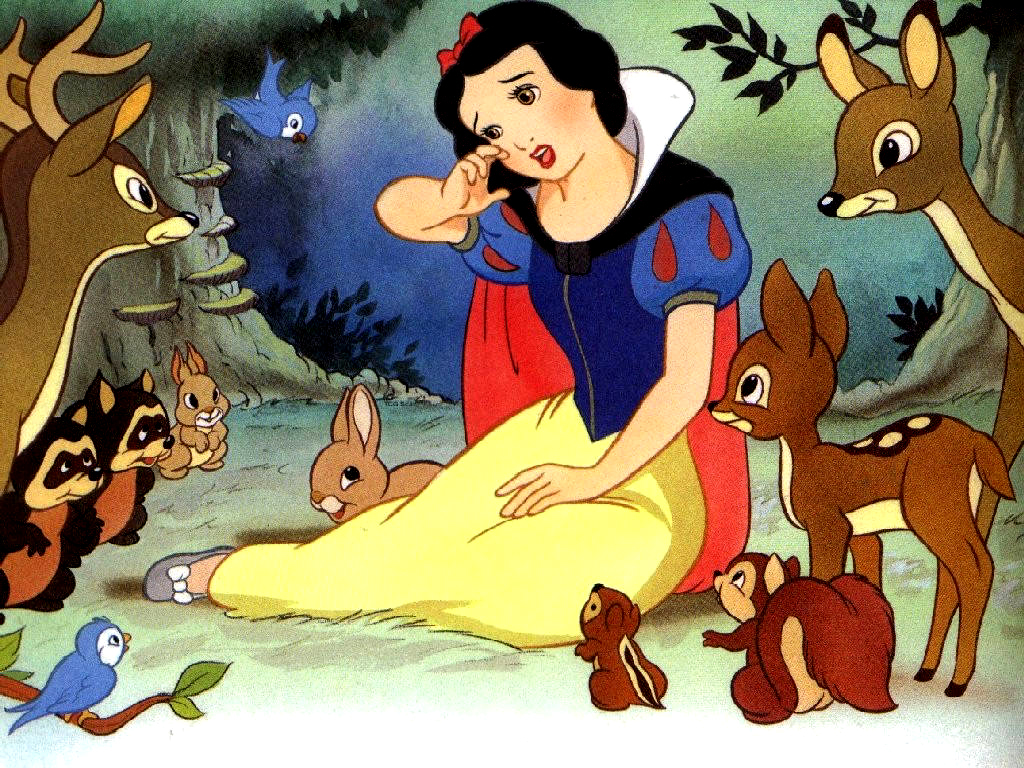As a student of the classical Latin language, I often translate famous Latin prose and poetry that has withstood the test of time. Working with these historical pieces is wonderful in a variety of ways, but I find it particularly fascinating how different translations of the same passage can vary widely in both their structure and tone. I was recently discussing some of my thoughts on what makes a great artistic translation in my Latin class and I thought it would be great to share those thoughts with you, and hopefully peak your curiosity in the art of translation. To demonstrate what makes one translation fall short, and another translation stand out, we’ll look at two translations of the same passage from the Aeneid by Vergil, a famous passage in which the protagonist Aeneas tells of the infamous “Trojan horse” being found on the beach and the priest of Apollo, Laocoon, warning the Trojans of Greek offerings.
Then Laocoön rushes down eagerly from the heights
of the citadel, to confront them all, a large crowd with him,
and shouts from far off: ‘O unhappy citizens, what madness?
Do you think the enemy’s sailed away? Or do you think
any Greek gifts free of treachery? Is that Ulysses’s reputation?
Either there are Greeks in hiding, concealed by the wood,
or it’s been built as a machine to use against our walls,
or spy on our homes, or fall on the city from above,
or it hides some other trick: Trojans, don’t trust this horse.
Whatever it is, I’m afraid of Greeks even those bearing gifts.’
– A.S. Kline, Poetry in Translation, The Aeneid (2002)
The first translation of the passage by A.S. Kline is interesting in how literal and linear it is; it follows the structure of the original Latin very closely, not adding implied or gapped vocabulary unless absolutely necessary for understanding. This leads to some sentences feeling unfinished, such as “what madness”, in which Kline decides not to include a main verb, making the sentence unintelligible in English. In contrast to his literal interpretation of the Latin, he does take liberties in his translations of adjectives and verbs. He shifts them around from the original Latin in order to paint a different picture that better fits the image that he wants to convey. It can be argued that these modifications of the original Latin are beneficial to the English reader, but it conflicts with his other literal translation decisions. It leads to this semi-modern translation that is choppy and lacks a consistent tone, while only being marginally easier to understand.
And now Laocoon comes running down
From the citadel at the head of a great thong
And in his burning haste he cries from afar:
‘Are you out of your minds, you poor fools?
Are you so easily convinced that the enemy
Has sailed away? Do you honestly think
That any Greek gift comes without treachery?
What is Ulysses known for? Either this lumber
Is hiding Achaens inside, or it has been built
As an engine of war to attack our walls,
To spy on our homes and come down on the city
From above. Or some other evil lurks inside.
Do not trust the Horse, Trojans! Whatever it is,
I fear the Greeks, even when they bring gifts.’
– Stanley Lombardo, Hackett, Aeneid (2005)
The translation by Stanley Lombardo is different than the previous translation in a few significant ways: Lombardo does not follow the order of the original, he uses numerous adverbs that are not present in the original Latin, and he generally uses more idiomatic and figurative English to create a tone to the passage. In doing so, he creates a more flowing and intriguing narrative, and overall I think that a large number of Lombardo’s additions are supported by the original context of the Latin, if not by the literal structures and vocabulary. By being more artistic and presenting his own interpretation, Lombardo conveys better in English what Vergil conveys in the original Latin. The result is a much more interesting narrative that is more imaginative and easier to read, even if it strays far from the literal structure of the Latin.
In conclusion, there is something to be said for both consistency and imagination. A quality translation has a specific goal in mind, whether it be to follow the original language strictly, present a more imaginative narrative, or to make the passage easier to read and understand, and then makes consistent decisions to realize that goal. As far as which goal is best, each has its merits and particular nuances that make them great; such is the beauty of translation.




